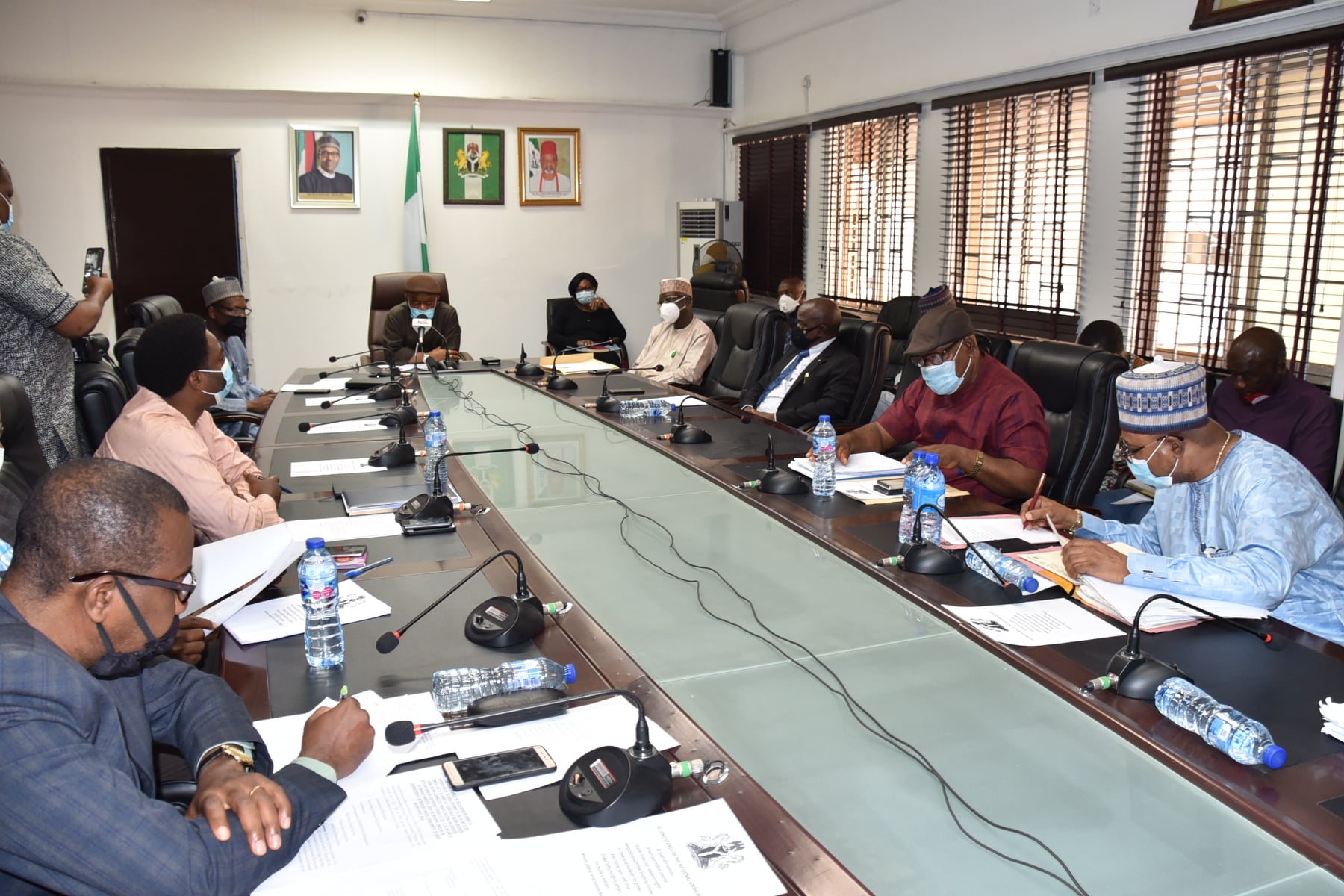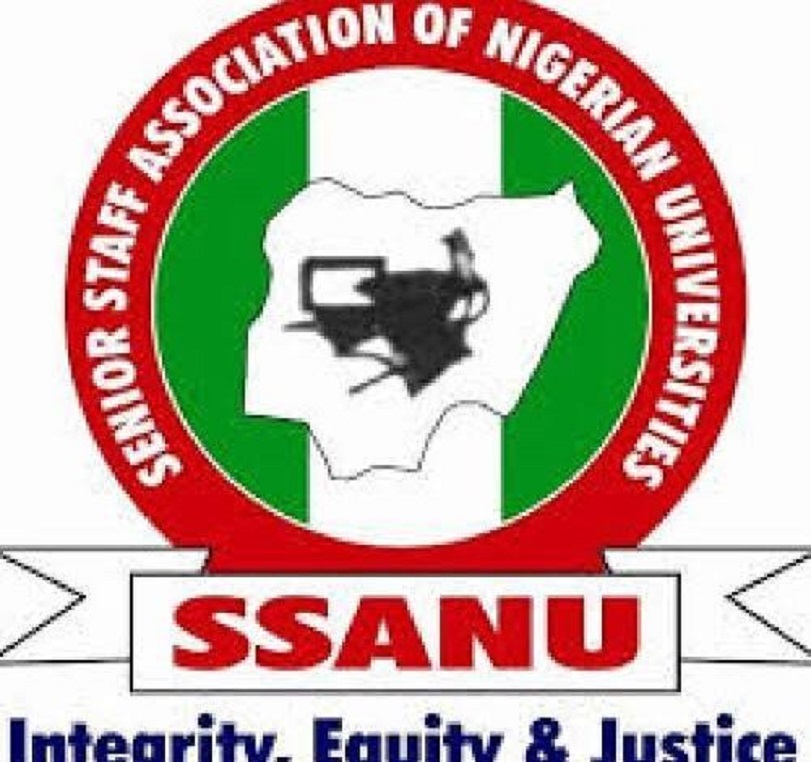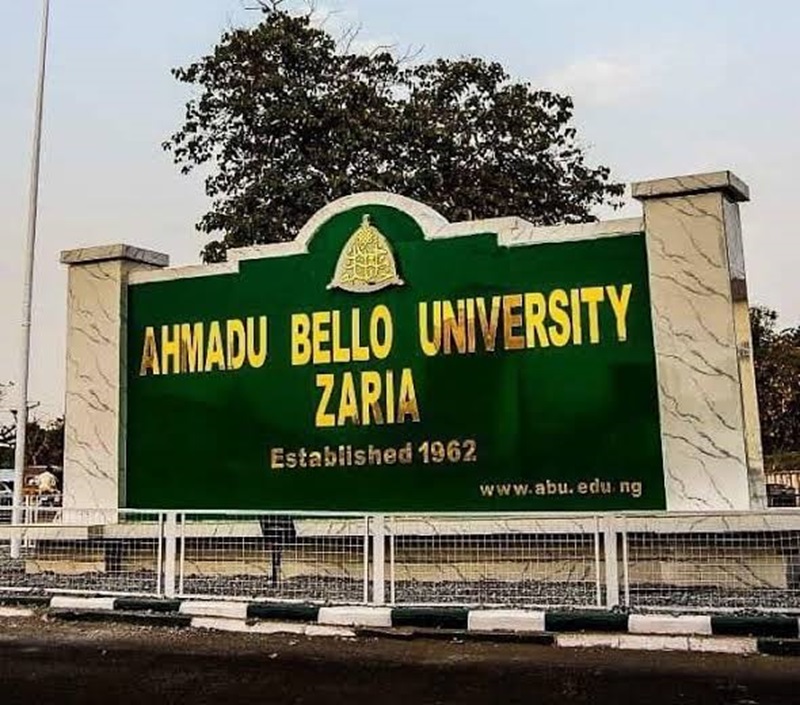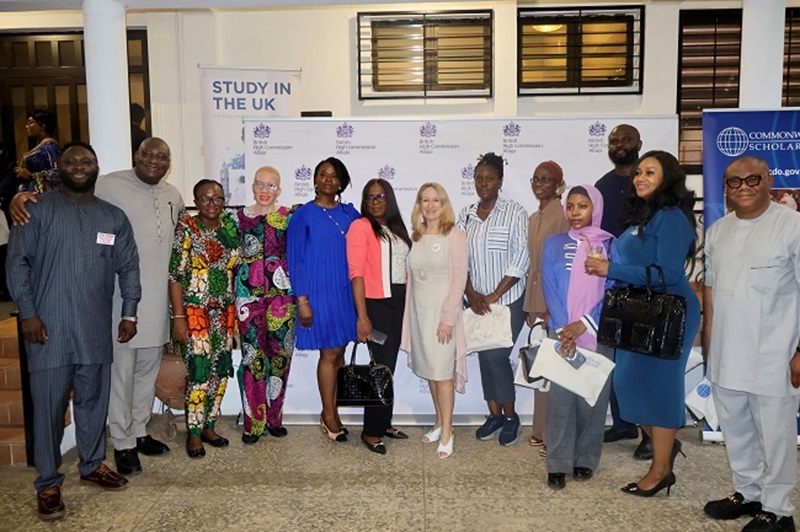The leadership of the Joint Action Committee (JAC) of non-teaching staff unions of universities has announced the suspension of its three-week-old strike with effect from midnight of Friday, February 26.
The General Secretary of the Non-Academic Staff Union of the Universities (NASU), Mr Peters Adeyemi, confirmed this development while addressing newsmen at the end of a conciliatory meeting with the federal government on Thursday in Abuja.
Mr Adeyemi said the union agreed to suspend the national strike after extracting some concessions from the national government that had to do with the grievances it presented.
“We have eight items which we negotiated and which form the basis for our ongoing national strike in the universities.
“We have held the meeting with the government side and those areas that needed to be harmonised have been done to the satisfaction of both parties and resulting from that development.
“We have agreed that the ongoing national strike in universities and inter universities centres should be suspended with effect from 12 midnight, Friday, February 26, 2021.
“We use this opportunity to appreciate our members for their commitment to this struggles, this strike is hereby suspended,” he said.
Mr Adeyemi stated that the unions would continue to monitor the agreements that had been reached that had a timeline and hoped that the government would implement its own side of the bargain.
According to him, if the government doesn’t, they will call their members to resume the suspended strike, but for now, the strike is suspended.
Earlier, the Minister of Labour and Employment, Mr Chris Ngige, said the meeting was very fruitful as all the rough edges arising from the former negotiations had been smoothened.
“Today’s deliberations have been very fruitful; we have also issued a conciliation document called Joint Action Memorandum of Action (MoA), and the two unions will get back to their members today and in good faith.
“So, we keep our fingers crossed, believing that their communications with their union members will be as quick and swift as they have promised us.
“This is more so, as the government is desirous that normal activities should return to the University system so that we can take the action one after the other.
“Also with the normalcy restored in the university system, we intend to do the visitation panel which is one of the agreements reached with them and which cannot be carried out without normalcy in the university system,” Mr Ngige said.
JAC non-teaching staff comprises the Senior Staff Association of Nigerian Universities (SSANU) and NASU.
The unions demand included rectifying inconsistencies in the Integrated Payroll Personnel Information System (IPPIS), non-payment of arrears of minimum wage, delay in renegotiation with government, NASU and SSANU 2009 agreement, among others.





























